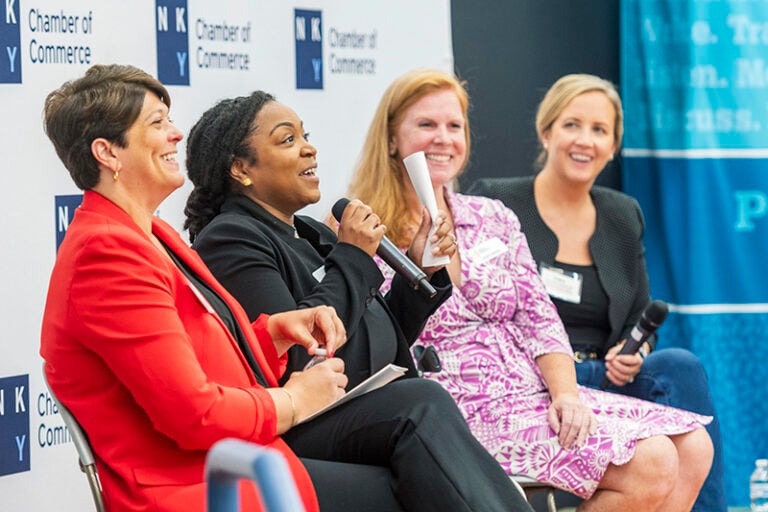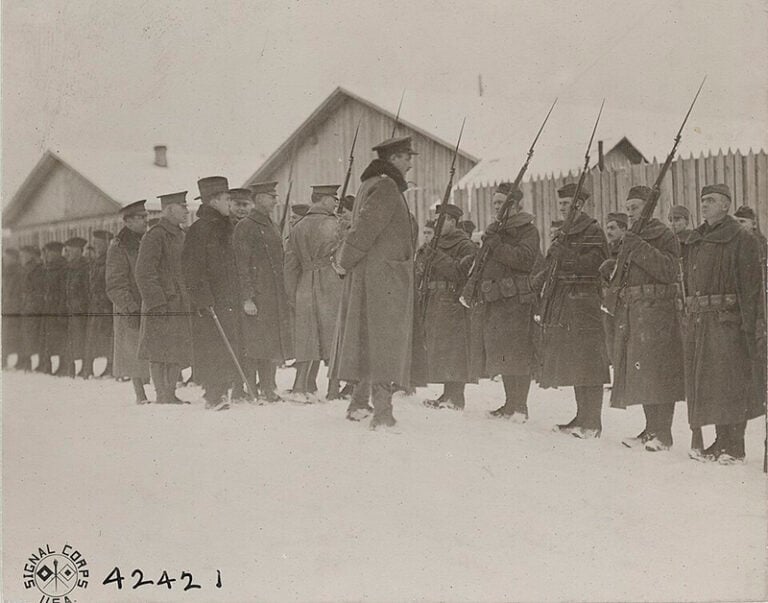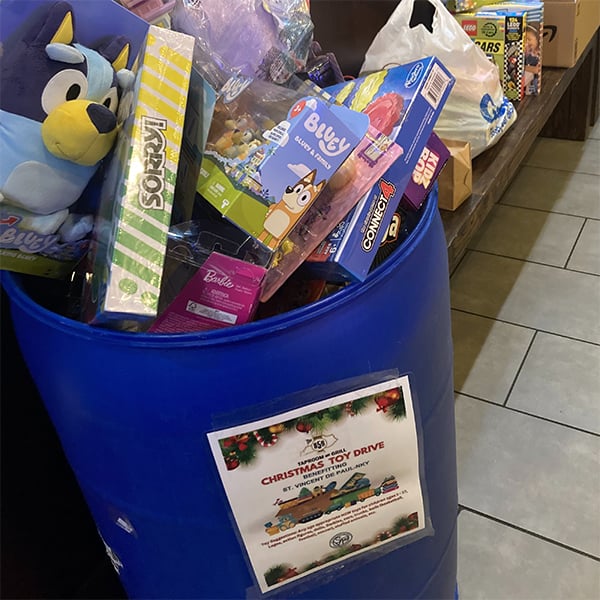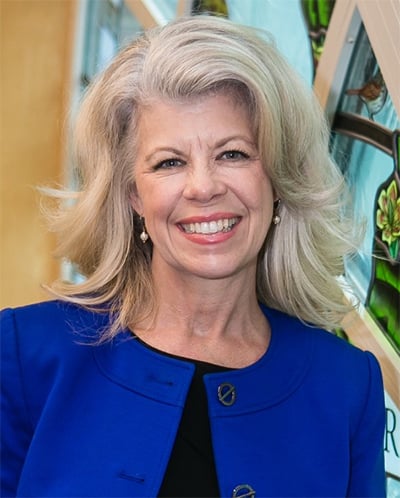By Rae Hodges
NKyTribune Frankfort Reporter
Filling up three floors of the state’s Capitol building, an estimated 700 Kentuckians from across the state came together last week to celebrate the 11th annual Children’s Advocacy Day.
Parents, anti-heroin advocates, smoke-free activists, child abuse training groups, pediatricians and health care professionals, early childcare and educational specialists, groups eager to end dating violence — all came together in the state Capitol rotunda with one focus: Kentucky’s children.
The rally is an annual event of the Blueprint for Kentucky’s Children, led by Kentucky Youth Advocates. Several Northern Kentucky organizations are Blueprint partners and supporters, including Children Inc.
Children, Inc. leads Kentucky’s Voice for Early Childhood, an online network of more than 11,000 members statewide who advocate on behalf of early care and education for all children.
During the rally, Randy Coe, president of Kosair Charities, was presented with the 2015 Champion for Children Community Leader of the Year Award for his work to protect children from child abuse.
Rep. Adia Wuchner, a Boone County Republican from Florence, was among the throng of advocates. Wuchner, the chair of the Northern Kentucky Legislative Caucus, was one a number of legislators and government officials presented with Champion for Children Awards at the rally.

Wuchner’s work with child advocacy spans the length of her legislative career, though in the past five years she’s taken part in creating high-profile reforms. In 2010 she worked with Rep. Susan Westrom, a Lexington Democrat, for the Shaken Baby bill, aimed at assuring medical professionals can identify and report potential child abuse cases.
In 2012 in Kentucky, approximately 1,800 children were victims of substantiated physical abuse, over 800 children were victims of substantiated sexual abuse, and nearly 15,000 were substantiated victims of neglect.
When Gov. Steve Beshear’s Child Abuse Task Force began its examination of child mortality cases in the state, Wuchner was among the legislators placed on the task force’s formal review panel. By 2014, Wuchner followed up her 2010 work with the Pediatric Abuse Head Trauma bill, which laid out the guidelines for medical staff to participate in mandatory abuse recognition training.
“They’re our youngest citizens,” said Wuchner. “They’re 25 percent of the population, and they’re 100 percent of the future.”
But Wuchner says child abuse is far from a stand-alone issue. In fact, child abuse is where a number of major problems in Northern Kentucky intersect and hit that vulnerable 25 percent the hardest.
In an interview with the Northern Kentucky Tribune, Wuchner described how several Northern Kentucky issues have converged over the years to create problems for child safety, including heroin, human trafficking, and parental education. Wuchner has taken legislative action on all of them.
Another award on Wuchner’s wall comes from her work fighting human trafficking with House Majority Caucus Chair Sannie Overly, a Bourbon County Democrat.
“You don’t do these things for the awards, but it puts the issue out into the forefront,” she said. “It took a couple of years to get it through. No one wanted to think that children were being trafficked in Kentucky.”
The problem with teens who are trafficked also sometimes extend to Northern Kentucky high school students who, according to the Center for Disease Control, are using heroin at a rate that is double the national average. This year Wuchner is sponsoring one of the six anti-heroin bills in the Kentucky House.
“Sometimes, those who are desperate because of their addiction are trafficking even a family member, their children,” she says, fresh back from a two-hour meeting on House Bill 50. “The rise is heroin abuse and the rise in child abuse go hand in hand. Obviously, when someone is affected by substance abuse, they can’t be a good parent. That’s why you see some of the bills focusing on moms.”
Wuchner’s own HB 50 includes a provision which would keep an addicted, pregnant mother-to-be from losing custody of her newborn if she enters and complies with a heroin treatment program.
“Part of the reason that’s important is the long term cost to that child.” Wuchner added that she’d recently received information which she’ll be researching in the future: that 20 percent of the children in Kosair (Children’s Hospital) Neonatal Intensive Care Unit are born addicted and that 40 percent of the children being born addicted in Pulaski County are addicted to heroin substitute suboxone.
“If we can’t get the moms off this stuff before their children are born, then children are born addicted. To treat this you have to taper them off with medication,” said Wuchner, who relayed a striking example of a Pulaski County mother in the throes of addiction. “They’d just given this infant liquid morphine as a part of a taper off and they found the mother licking the inside of the infant’s mouth to get the morphine opioid.”
Wuchner said that two other factors have to be addressed in order to stop infant child abuse: abuse handed down through families must be stopped with parental training and intervention, while single mothers who are still young and inexperienced must be educated on identifying partner abuse of their children.
“With pediatric-identified abuse and head trauma, the trend there with abuse is that oftentimes it’s a young mom, often the perpetrator is a significant other or boyfriend. And mom has to go to work and has to leave the child in their care. So we’ve got to make sure moms know who they’re leaving their child with,” she said, pointing out that sometimes the abuse can also come from an overwhelmed young mother. “And that’s why education for young women is so important, teaching them that if they’ve got a screaming baby, it’s ok to make sure the child is in a safe place, and just walk away.”
With so many causes, programs, and reform efforts demanding legislative and financial attention, one might wonder how Wuchner manages her expectations. After detailing the sometimes-costly requests that remain stacked in bill folders on her desks, she clasps her hands in front of her and sighs.
“All these things that people are asking money for, for this program and that: there’s not enough money in the coffers of Kentucky to fix the dysfunction that affects the lives of children and families,” she says, lowering her voice. “I hate to say it, but it’s a challenge for all of us — the agencies, services, the churches, the families.”
She sat in her office, pausing over the gravity of the problem, silent. She offered no answers. She concluded, instead, with a question.
“How do we strengthen ourselves, as families? How do we restore that solidarity again?”




















